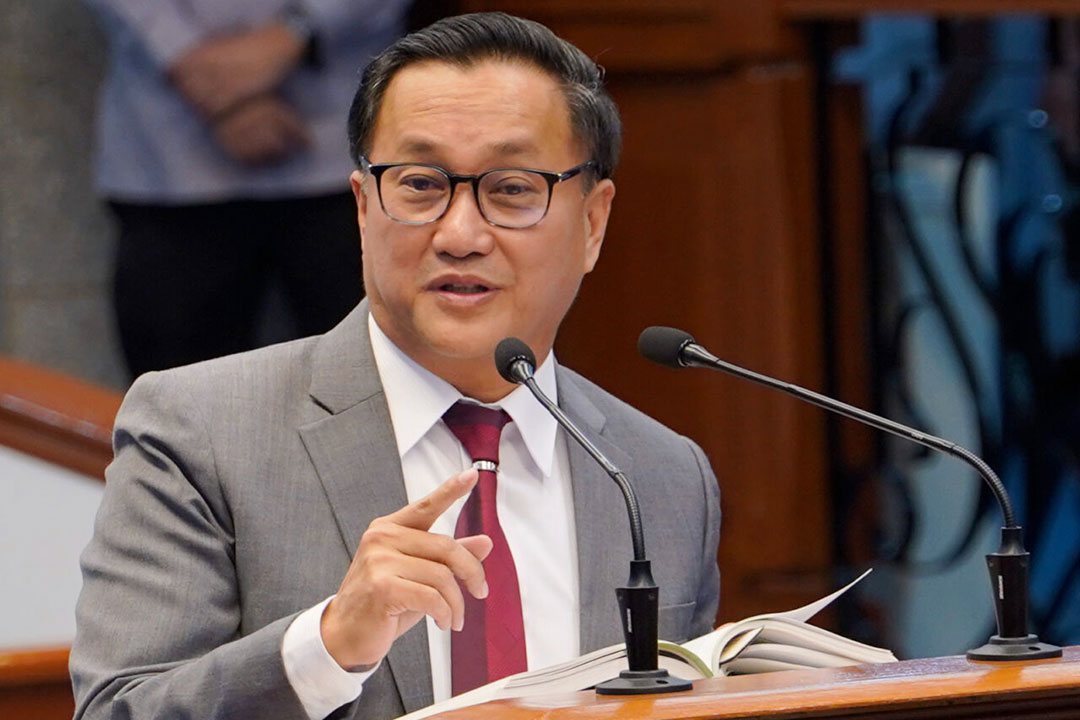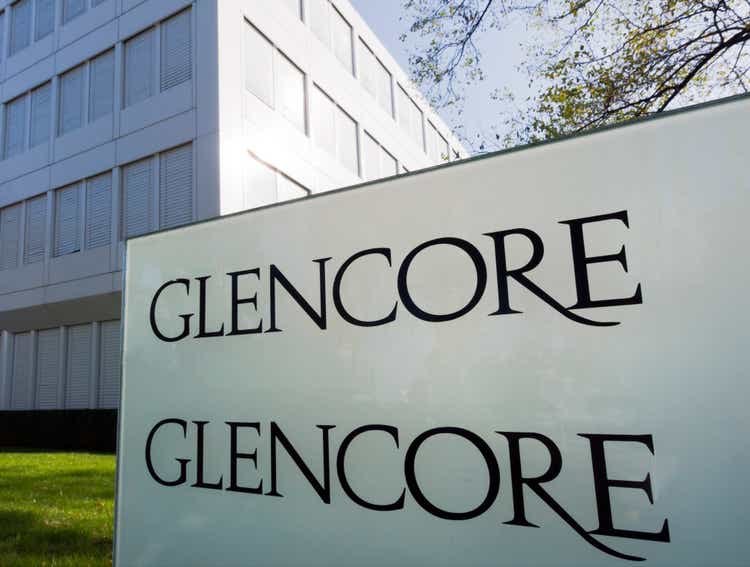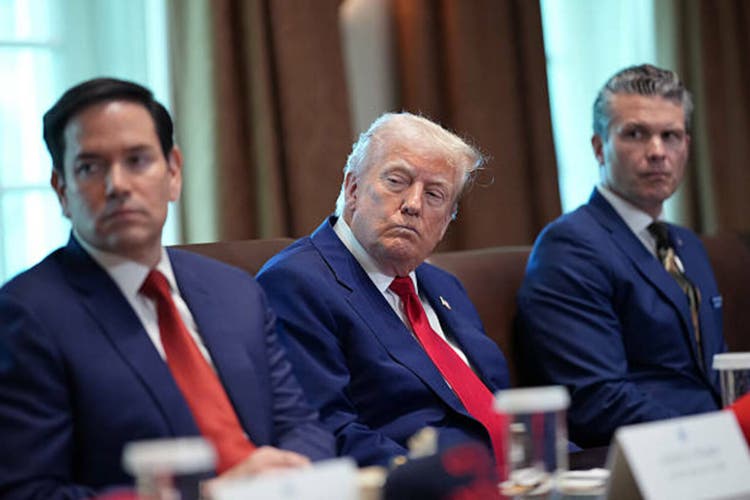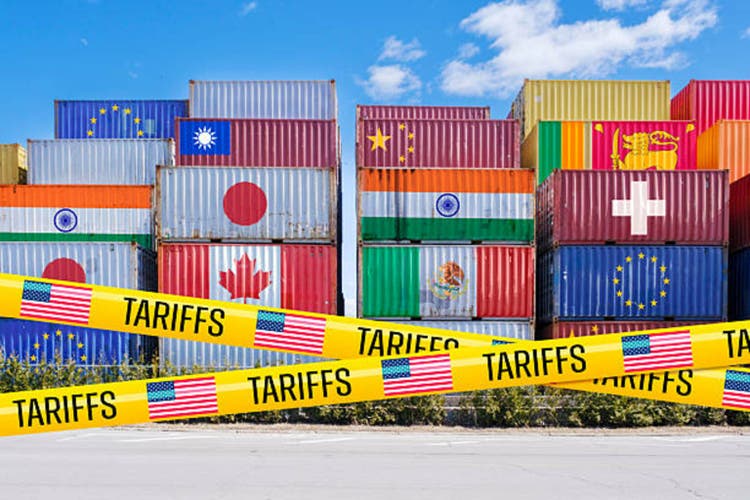 FRANCISTOLENTINO.PH
FRANCISTOLENTINO.PHBy Chloe Mari A. Hufana, Reporter
THE DEPARTMENT of Foreign Affairs (DFA) summoned the Chinese Ambassador over Beijing’s move banning a former Filipino senator who sponsored the Philippine Maritime Zones Act, a declaration that Manila exercises sovereignty and jurisdiction over its territorial waters, Malacañang said on Tuesday.
In a press briefing, Palace Press Officer Clarissa A. Castro quoted Foreign Affairs Secretary Ma. Theresa P. Lazaro, saying that Ambassador Huang Xilian was summoned last Friday, July 4, to convey the Philippines’ concern over China’s sanctions against former Senator Francis N. Tolentino.
“The DFA conveyed to the Chinese side that, while the imposition of such sanctions falls within China’s legal prerogative, the imposition of punitive measures against democratically elected officials for their official acts is inconsistent with the norm of mutual respect and dialogue that underpins relations between two equal sovereign states,” Ms. Castro said, quoting Ms. Lazaro.
China’s Foreign Ministry on July 1 announced sanctions against Mr. Tolentino, barring him from entering mainland China, Hong Kong, and Macau. The ban, issued a day after his Senate term ended, cited his “egregious conduct on China-related issues,” specifically his strong anti‑Beijing stance and actions asserting Philippine territorial claims in the disputed South China Sea.
The Philippines, as a democratic country, upholds the principle of free speech and legislative independence, according to the DFA.
“The Department reminded the Ambassador that as a democracy, the Philippines values freedom of expression,” Ms. Lazaro added.
“In the Philippines’ adherence to the constitutional separation of powers among the three branches of government, it is the mandate of senators and other elected officials to inquire [into] matters of national and public interests.”
The top diplomat reiterated the Philippines remains committed to resolving differences peacefully through established diplomatic channels.
“The Department remains committed to addressing differences through diplomacy and dialogue and looks forward to continued constructive engagement with China to promote mutual understanding,” she said.
The Chinese Embassy in Manila in a Viber message to reporters argued that the sanction is “within China’s legal prerogative and there are consequences for hurting China’s interest,” as it claimed anti-China politicians driven by self-interests have made malicious remarks against it.
“Tolentino’s malicious smear against China and instigation of confrontation will only backfire, and ultimately harm the interest of the Philippines and Filipino people,” the Embassy said. Mr. Tolentino had called the sanction a “badge of honor.”
China’s expansive South China Sea claims overlap with the exclusive economic zones of the Philippines and several other Southeast Asian countries.
In 2016, an international arbitral tribunal ruled that Beijing’s sweeping claims in the area have no basis under international law — a decision that China rejects as it continues its operations in the disputed waters.
The department’s remarks demonstrate the government will promote the Philippines’ interest above its relations with China, Josue Raphael J. Cortez, diplomacy lecturer at De La Salle-College of St. Benilde, said in a Facebook Messenger chat.
“This move was geared towards reiterating our position as a peace-loving nation committed to ensuring that international norms and standards are promoted,” he said.
“At the same time, in line with international law, it is also the Philippines’ prerogative to ascertain that Filipinos — bounded to the country through its sovereign status — are not being subjected to policies and initiatives by other international personalities (states) which go against the norms we uphold as a democratic society.”

 4 hours ago
1
4 hours ago
1



















 English (US) ·
English (US) ·